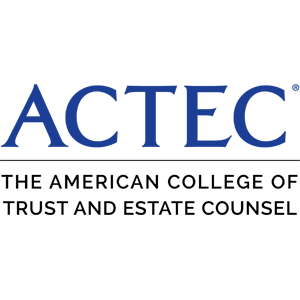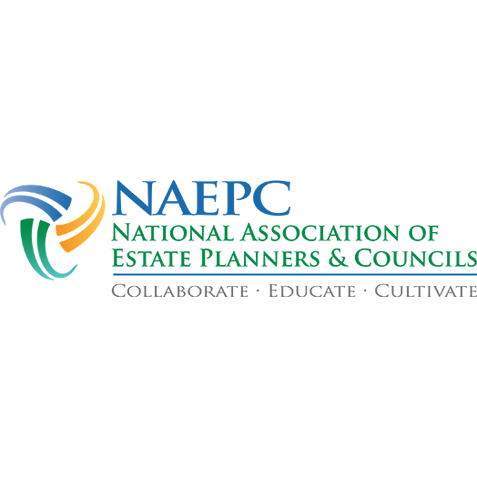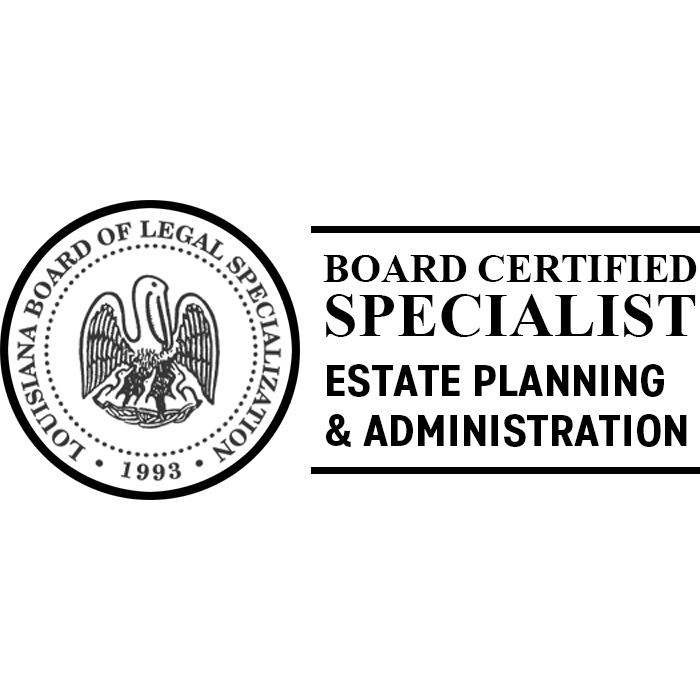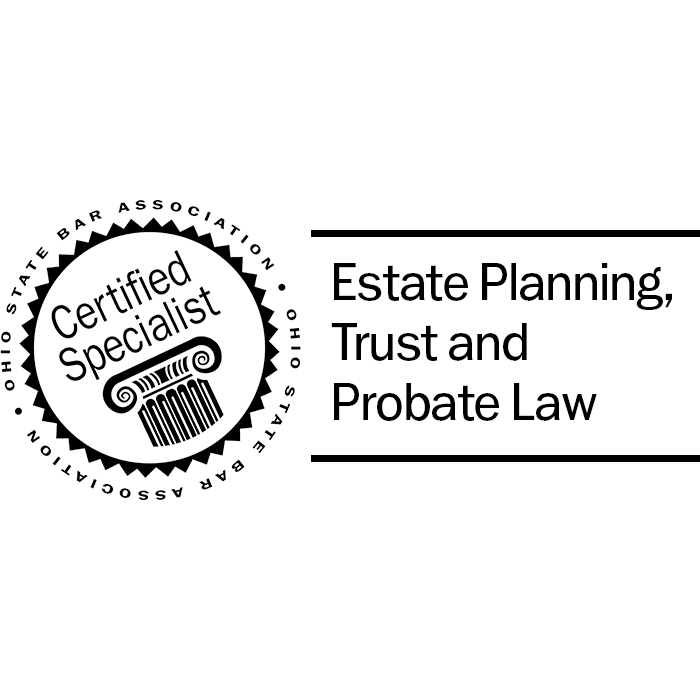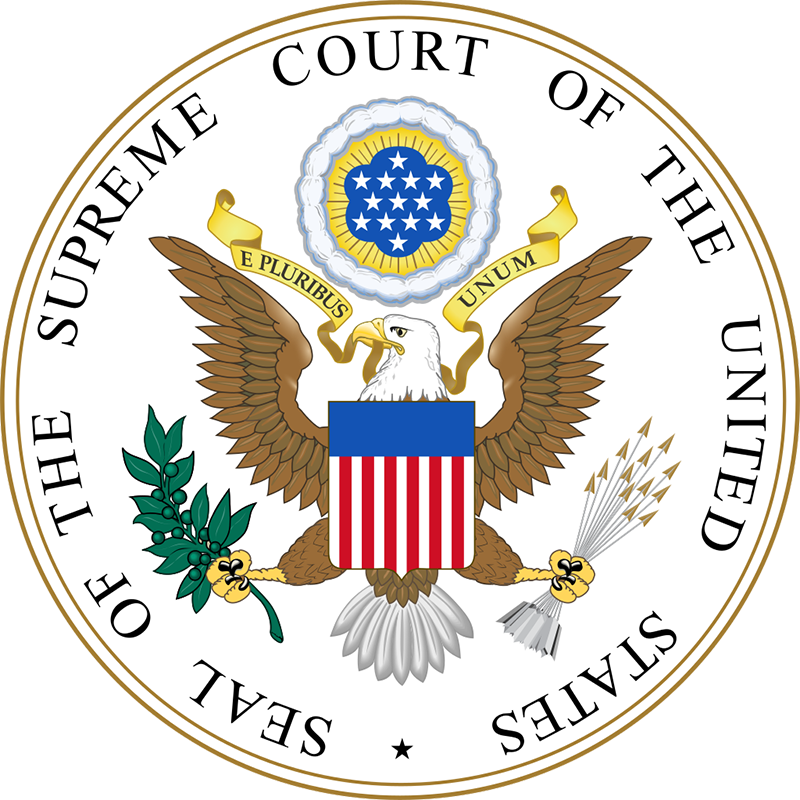After a person dies, the law intends for an orderly passing of that person's assets to family members. Each state has certain laws that create a framework for how the passing is intended to happen; usually, the person's assets are divided among his or her immediate family. However, in real life, family relations can be very complicated, and little might be in black and white. The time after the death of family member can often be a time of family in-fighting over who deserves what.
A person, while still living, can write a will to either to straighten out the passing of assets after death, or if he or she would like to distribute assets differently than the law provides. However, wills can still contain complicated legal issues. When any such matter is litigated, it may go before a probate court or a regular civil court, depending on the jurisdiction. Parties may hire an estate and probate lawyer to represent their interests.


















